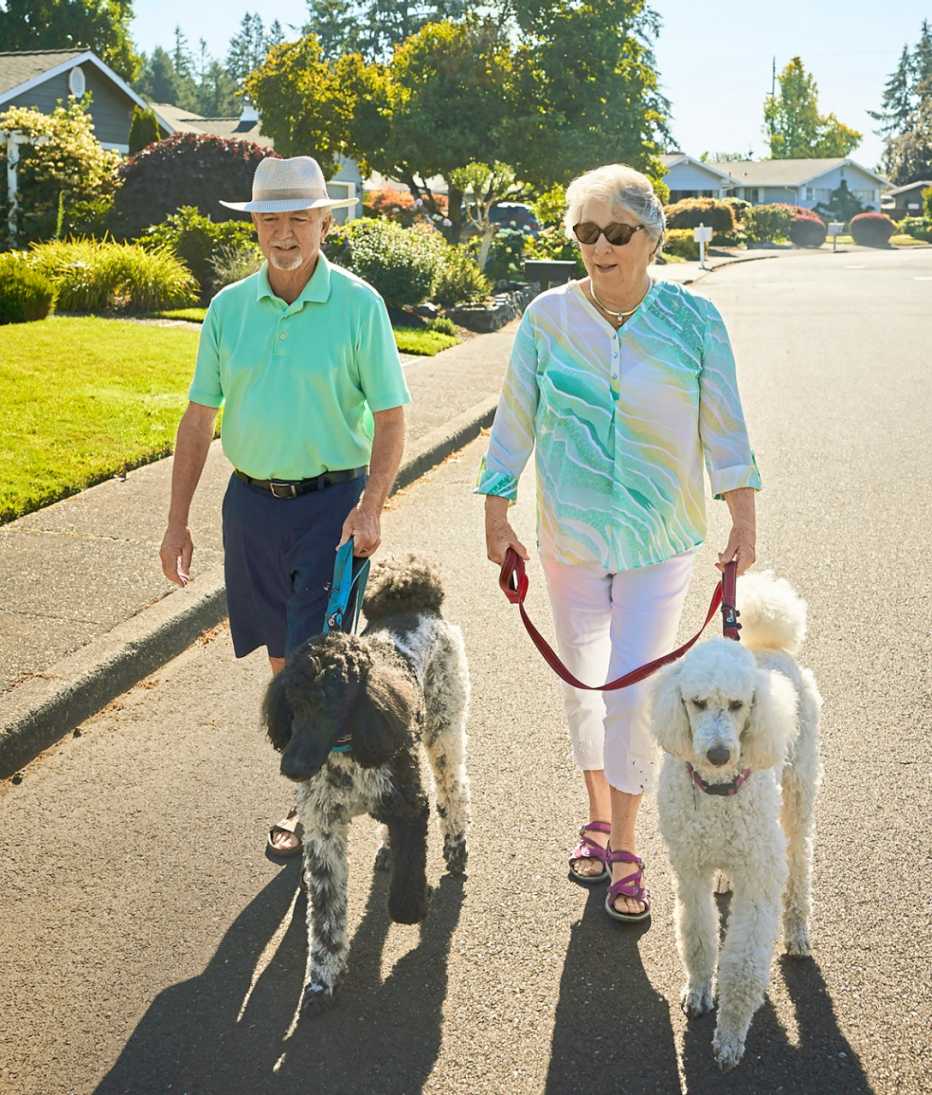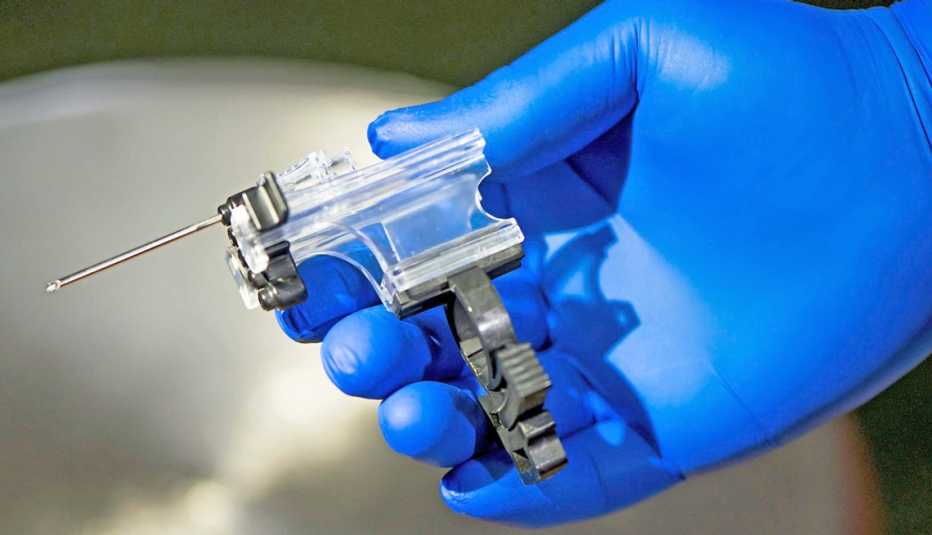AARP Hearing Center
The news is full of “promising” developments that may “one day” lead to a brighter, healthier future. But for our annual AARP survey focusing on “game-changing” medical breakthroughs in vision, heart health and more, we decided to focus on game changers improving lives today. Each of these astounding new technologies and treatments is available, or will be in the near future, to make your life, and the lives of millions of other Americans, better.
Joyce Ares’ cancer journey began with a shock — but just as surprising was how quickly it ended. Diagnosed with stage 1 Hodgkin’s lymphoma after an experimental blood test in 2020, she underwent short rounds of chemotherapy and radiation. Now, with no signs of cancer, she’s back to cooking for weekend dinner parties and visiting her grandchildren and great-grandchildren. “I am thrilled they found it early,” says Ares, 76, a retired real estate broker from Canby, Oregon. “I know there are folks who say, ‘What’s going to happen is going to happen.’ That doesn’t mean you have to die early or have a horrible experience trying to get rid of the devil of cancer in your body. You can find out earlier, get it dealt with and have a beautiful life.”


Ares’ early cancer was discovered with the Galleri Multi-Cancer Early Detection (MCED) blood test from the health care company Grail. “Her cancer had no symptoms,” says her husband, Richard Ares, 77, whose own cancer blood test was negative. “Her doctors said it would never have been found at such an early stage without the blood test.”
Galleri screens for more than 50 different cancers by searching a blood sample for tiny scraps of DNA cast off by cancer cells. Though it hasn’t been approved by the Food and Drug Administration, it can be ordered by your health care provider under an FDA provision called laboratory-developed tests. The Galleri test costs $949, and unfortunately, it is not covered by most insurance. A second type of MCED test, called OneTest, sells for about $189 and looks for 20 or more cancer types. Other MCEDs are in development as cancer researchers and biotech entrepreneurs race to close a lethal gap: There are currently no reliable screening tests for more than 50 percent of deadly cancers.“











































































